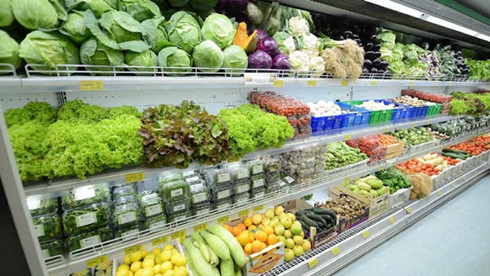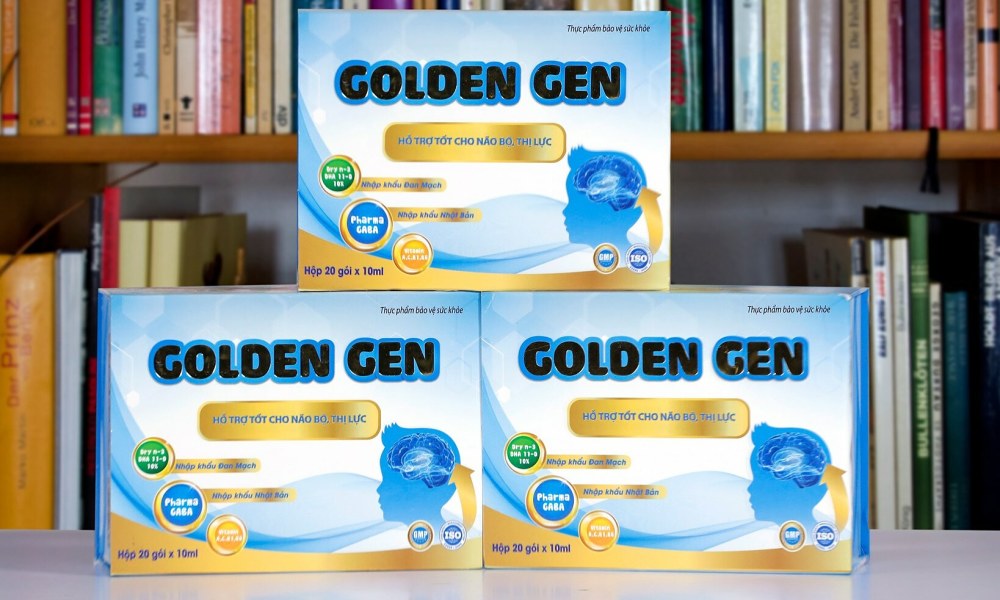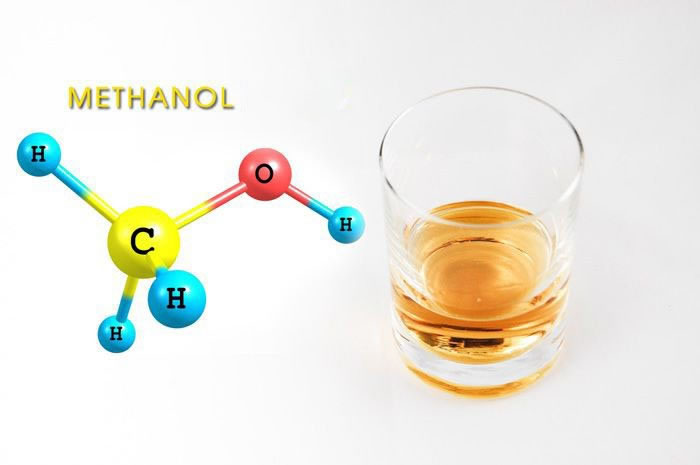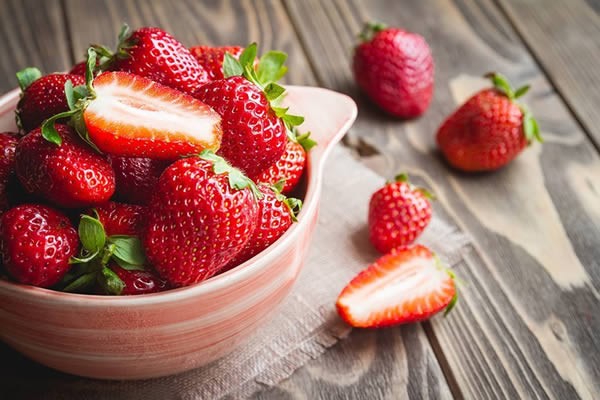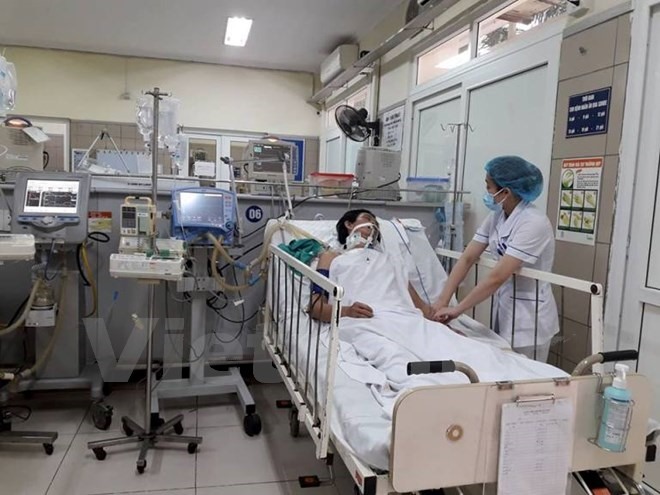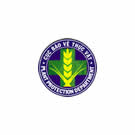- Folder Newsletter
- Views 6492
- Last Updated 15/12/2022
There’s been a lot of talk about cancer in the past week; in particular, in relation to red meat and processed meat such as bacon, ham and salami.
The headlines have been sensational: “Bacon on a par with smoking for cancer risk”, for example. That’s come off the back of a report issued last week from World Health Organisation’s International Agency for Research on Cancer on the consumption of red and processed meats. The Agency concluded that eating processed meat is “carcinogenic to humans” and that the consumption of red meat is “probably carcinogenic”. Processed meat has been given a Group 1 carcinogen rating, the same category as tobacco and asbestos.
That’s enough to have us swearing off the Christmas ham, right? Either that or – as seems to be a common reaction on social media – declaring “everything’s going to kill us!” and harrumphing off to have a bacon sandwich.
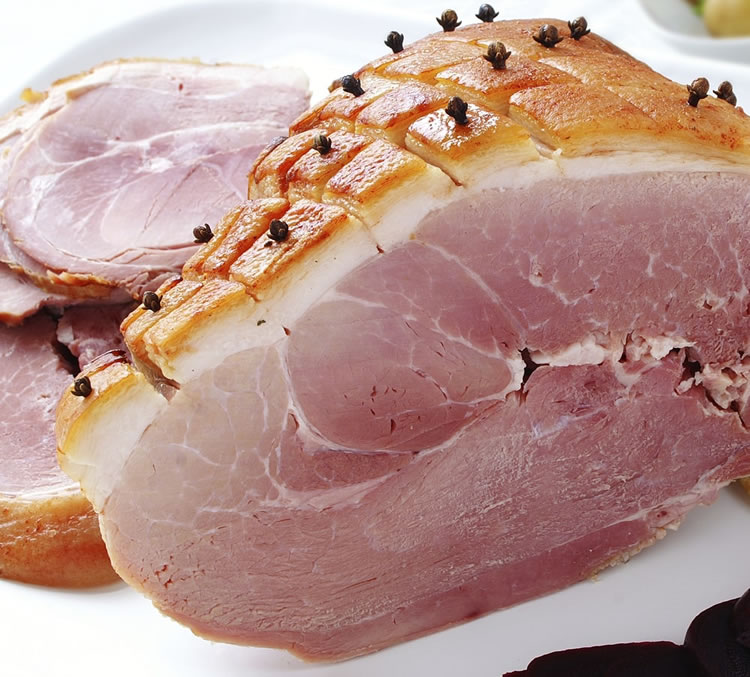
As with many of these kinds of reports, the re-reporting of it in other media has varied from straightforward to unintentionally misleading (as per the headline above). Very briefly, the WHO report isn’t talking about our risk of getting cancer from eating processed meat; it’s only evaluating the evidence that processed meat can cause cancer. In other words: they’re confident processed meat has the potential to cause cancer, in particular bowel cancer. But they’re not looking at how much cancer it causes. The risk of getting cancer from smoking is much, much higher than the risk of cancer from bacon. There’s an excellent summary of it from Cancer Research UK here which explains it very well – I recommend giving it a read.
What has also often been overlooked in this story is the bigger picture. And that is, that no one ‘bad’ food is going to give us cancer; but an overall bad diet might. That’s really worth looking at, since New Zealand has one of the highest rates in the world of bowel cancer. Each year about 3000 people are diagnosed and more than 1200 will die – the same as the deaths from breast and prostate cancer combined. Beat Bowel Cancer Aotearoa calls bowel cancer “New Zealand’s cancer”.
What we know about bowel cancer is that diet can have quite an impact on your risk of developing the disease. While it’s definitely a good idea to keep the bacon to an occasional treat rather than an everyday breakfast, there are some other things you can add to your diet that are going to make a really positive impact. For a start, lots and lots of colourful veges; most of us still don’t get enough. Remember that half a plate of colour at most meals. Fibre is really important: that means not only plenty of fibre, but a good range of fibre, too, from a range of whole grains, nuts, beans and legumes. We need that wide range of fibre to give us the best chance of optimal bowel health; the different types of fibre all perform different important tasks in our guts.
When it comes to red meat, if it’s something you enjoy you don’t have to give it up, and it has some great nutritional benefits, too. Just try to keep your serving sizes reasonable – around 125g of meat per serve is about right – and mix up your proteins – eat fish and chicken, and include a couple of meat-free meals each week.
There’s some interesting research around dairy and bowel cancer. In 2011 scientists at the University of Otago found the risk of bowel cancer was 30 per cent lower in New Zealanders who had drunk school milk daily. The reduction in risk was greatest in those who’d had 1200 or more half-pint bottles of milk over their time at school; the researchers believe the calcium provided by the first free school milk programme could be responsible for the dramatic reduction in the risk of bowel cancer for people born between 1938 and 1953 in New Zealand. A good motivation to keep up your intake of dairy products.
Another important thing which will really help cut our cancer risk is to look seriously at that other Group 1 carcinogen: alcohol. We Kiwis don’t like to hear it, but drinking less, for most of us, is one of the most positive things we can do for our health.
And finally, the old recommendation of exercising regularly and not smoking will also lower your risk, as will being a healthy body weight. It’s not new advice, but still as valid as ever.
Source link: healthyfood.co.nz





